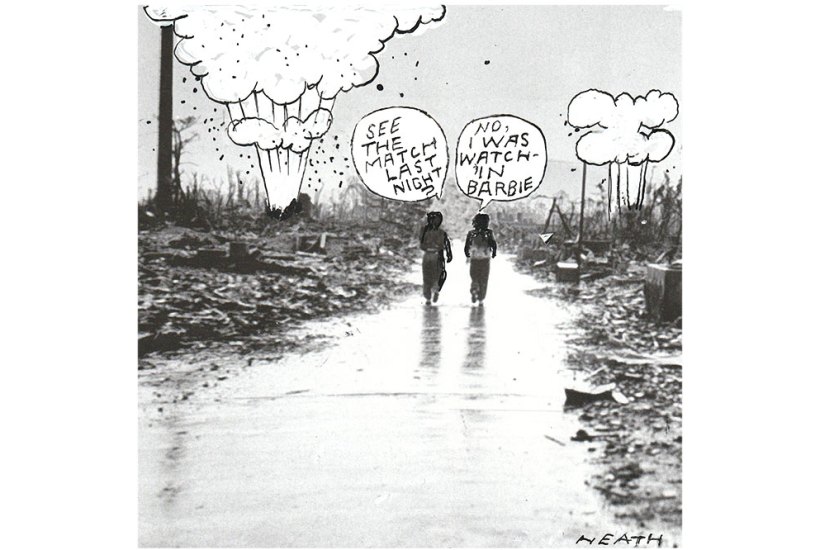![]()
00:00
04:47
Angus Colwell has narrated this article for you to listen to.
Gen Z doesn’t look like it wants to fight for Britain, but last week, General Sir Patrick Sanders, the Chief of the General Staff, said we might have to. He suggested that people my age should be prepared to join a ‘civilian army’ in case we go to war with Russia.
Already a subscriber? Log in
Subscribe for just $2 a week
Try a month of The Spectator Australia absolutely free and without commitment. Not only that but – if you choose to continue – you’ll pay just $2 a week for your first year.
- Unlimited access to spectator.com.au and app
- The weekly edition on the Spectator Australia app
- Spectator podcasts and newsletters
- Full access to spectator.co.uk
Or
Unlock this article
You might disagree with half of it, but you’ll enjoy reading all of it. Try your first month for free, then just $2 a week for the remainder of your first year.








Comments
Don't miss out
Join the conversation with other Spectator Australia readers. Subscribe to leave a comment.
SUBSCRIBEAlready a subscriber? Log in